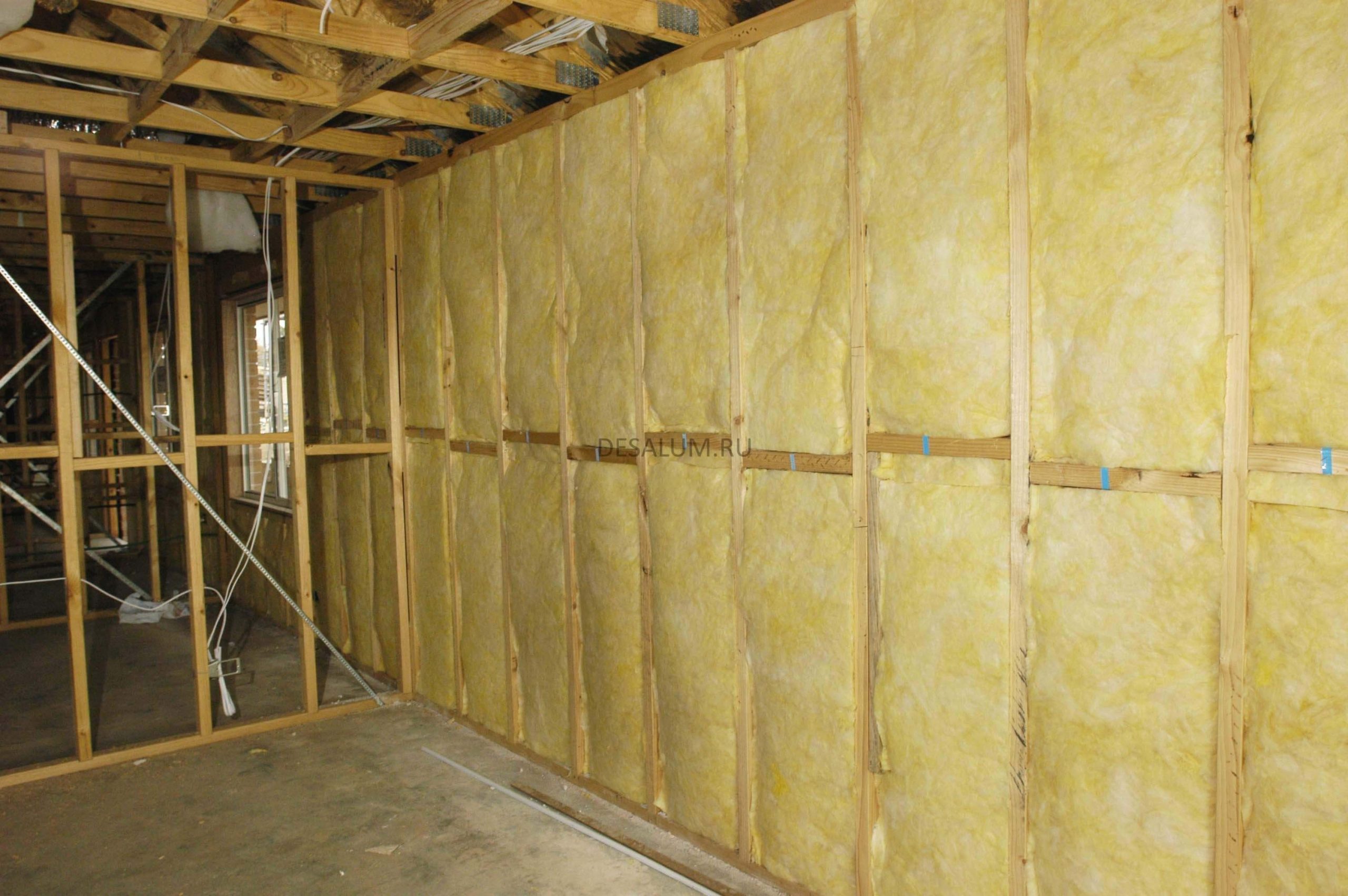Cavity walls prevent moisture intrusion and provide thermal as well as sound insulation. However, they require highly skilled labor and good supervision during construction.
The main purpose of cavity wall is to provide a space for insulation which helps in making your home warmer and more comfortable to live in. It also provides several other specific advantages over solid brick walls.
Moisture Prevention
The main advantage of cavity walls over solid masonry wall construction is that they are far less prone to damp penetration. This is because they are designed to be pressure equalized; a system that turns wind driven rain into an ally by providing the outer part of the wall with resistance that exceeds that of the inner part of the wall.
This is achieved by the outer and inner parts of the wall being anchored together with metal ties in horizontal mortar joints. The air space between the two must be kept free of anything that could bridge it. This is often achieved by suspending wooden strips from the ties during construction to collect any mortar droppings.
Cavity walls are also often treated with a damp proof course to provide even more protection against rising damp. This works by introducing a chemical into the brickwork that helps to prevent moisture from penetrating up into the house.
Thermal Insulation
Many properties built since the 1930s have cavity walls that do not meet building regulations – meaning they lose heat more easily. This can cause your property to become colder and lead to higher heating bills. Cavity wall insulation helps to prevent this by filling the space between your inner and outer walls with an insulating material.
A range of insulating materials can be used to insulate your cavity walls, with mineral wool being the most popular. It is installed by drilling small holes into the outside of your house and blowing the insulation in until the cavity is full.
Alternatively, polystyrene beads can also be used in a modern blown cavity wall insulation system, which uses a special binding agent that helps the beads to stay in place. This means your home is less likely to suffer from gaps or falling beads if any work is done on your walls in the future. It is important that your cavity walls can breathe however, as otherwise they will not be able to dry out and damp problems may occur.
Sound Insulation
Cavity walls offer good sound insulation compared to a solid brick wall. This is because the space between two leaves acts as a buffer that reduces noise from outside. However, if the cavity is filled with insulation material that does not have good sound absorbing properties, it will not be very effective at reducing external noise.
The air in the cavity also helps to prevent heat loss, and this can reduce heating bills. It can also prevent damp and efflorescence, which are white marks that appear on the outer surface of the wall when water has seeped through the bricks and drained down to the base of the cavity wall.
In addition to the air space, a cavity wall also has a system of metal flashings to direct any water that has entered the cavity back out again. These are typically positioned at intervals of one meter along the outer leaf, and are connected to the base of each brick with a downward curve.
Durability
Since the space between the two walls is filled with air, cavity wall construction provides better fire resistance. They also offer greater thermal insulation than solid walls. The hollow space between the brick outer and inner wall reduces heat transfer, thereby reducing heating costs. They can also help prevent damp.
It is important that the cavity walls are not bridged in any way as this would provide a passage for moisture. Similarly, it is recommended that there should be no mortar droppings in the cavity. This helps in maintaining a high level of watertight performance and prevents rising damp.
It is important to note that the construction of a cavity wall involves more complicated procedures than the solid brick one. As such, it requires expert designers and skilled masons. This may increase the cost of the building and the construction time. It is therefore essential that the construction work is supervised adequately to ensure good workmanship.


